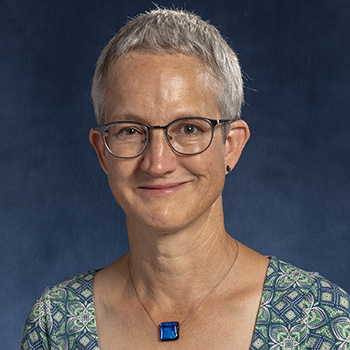Our Team

Sarah Jane Holcombe
Senior Learning Advisor
Dr. Sarah Jane Holcombe comes to TCI from the Bixby Center at the University of California, Berkeley, where she developed IRB protocols, survey and focus group instruments, and the design and running of capacity-building workshops. Most recently, with the Ethiopian Midwives Association, she has undertaken multi-method research on midwives’ professional commitment to providing stigmatized reproductive health care services. She also has expertise with health systems design and quality measurement. As a health policy analyst with the U.S. Department of Health and Human Services, she evaluated state proposals to reform health financing for low income populations (Medicaid), and contributed to the development of health service quality measures (HEDIS 3.0) with the National Committee for Quality Assurance.
As a Program Officer for the David and Lucile Packard Foundation’s Family Planning & Reproductive Health Program, she designed and led grant-making programs for family planning and reproductive health advocacy and services in Mexico, Ethiopia and Sudan and for reproductive rights in the United States, and worked to launch the foundation’s M&E program with grantee partners in Mexico. While a Program Officer with the Erik E. and Edith H. Bergstrom Foundation, she developed and launched its East Africa grant-making and monitoring program focusing on community-based family planning services through community health workers and community health centers, a commitment that rose to half of the foundation’s grants budget, and monitored performance of the Latin America grants portfolio.
Sarah Jane has an MPH from the School of Public Health, and a Masters in Public and Private Management from the School of Management, at Yale University. She received her Ph.D. in Health Services & Policy Analysis from the University of California, Berkeley. Her dissertation explored three facets of Ethiopia’s 2005 reform of its Penal Code with respect to abortion: the factors underlying this reform (agenda-setting processes), the roles of obstetrician-gynecologists in advancing reform; and the attitudes of midwives toward implementing the reform through service provision.


